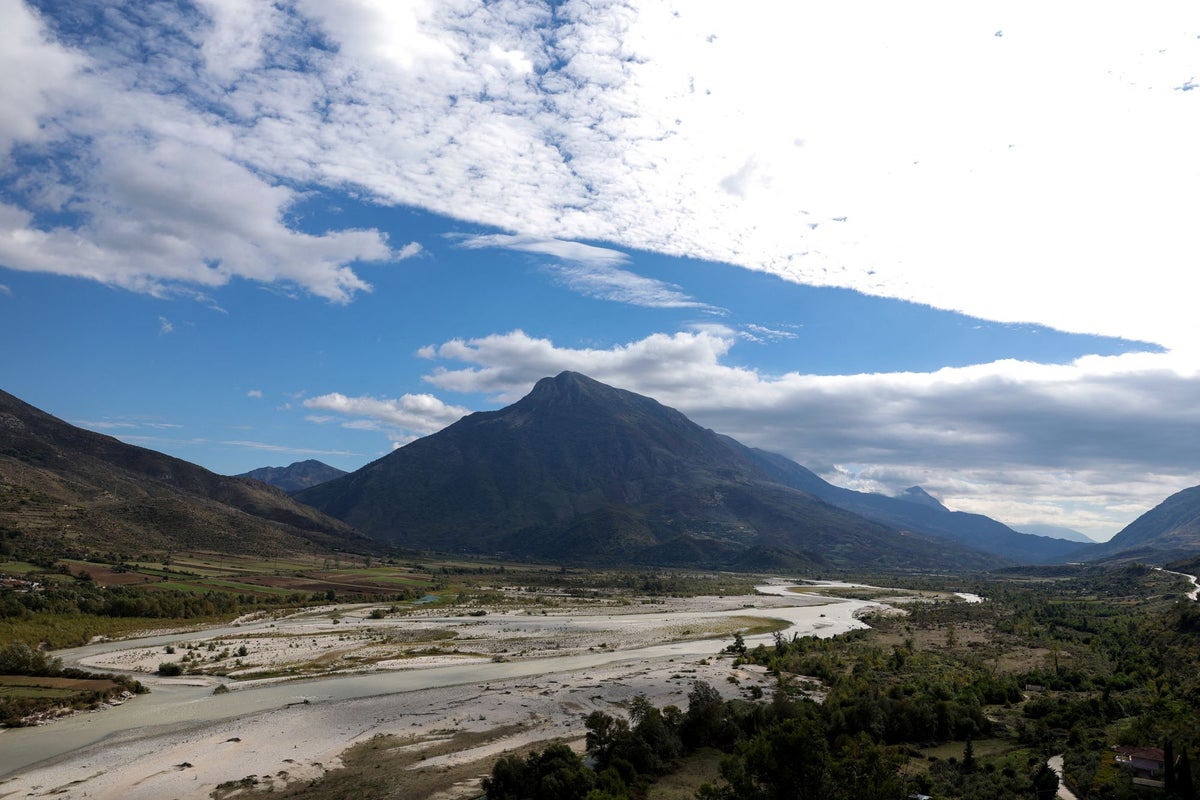
Albania’s Vjosa River, celebrated as one of Europe’s last uninterrupted waterways, presents a stark paradox: a natural wonder simultaneously battling severe environmental degradation.
While it meanders through tree-lined gorges and lush valleys, its waters are marred by plastic scraps blowing from an open landfill and raw sewage discharged directly into the current.
Further upstream, diggers extract gravel for concrete, a practice experts warn is altering the river’s path and destabilising its banks.
Despite these immediate threats, the Vjosa valley received significant international recognition last month, designated by UNESCO as one of 26 new Biosphere Reserves.
This initiative aims to “safeguard some of the planet’s richest and most fragile ecosystems,” a description fitting for a region home to otters, threatened Egyptian vultures, and rare plant species.
The river itself was declared a national park by the Albanian government in 2023.
These designations represent a considerable boost for Albania, a Balkan nation of 2.4 million people. The country is currently experiencing a tourism surge along its coastline and mountains and is actively seeking to join the European Union by the end of the decade.
The challenge now lies in ensuring these protections translate into tangible improvements for the river’s health.
But beneath the sweeping scenery, environmentalists are worried for the future.
“International recognition papers like UNESCO do not solve problems,” said Besjana Guri from the non-governmental environmental organization Lumi (River) during one of her visits to the valley last week.
UNESCO did not respond to Reuters requests for comment. In previous reports, it said it would follow rigorous criteria before granting Vjosa biosphere reserve status.
Albania’s Environment Minister, Sofjan Jaupaj, who keeps a framed copy of the UNESCO designation in his office, acknowledged the problems during an interview with Reuters.
He said his ministry plans to spend more than 150 million euros to treat sewage water and close all landfills.
For many, the damage is already done. Oil wells and bitumen pits line the river, further risking pollution, they say.
Agron Zia, 55, took sheep and goats out to graze on the river bank last week. He motioned towards the landfill where plastic is kicked up by the wind and caught by the branches of nearby trees.
“When I was young, we used to swim here all summer. It hurts when your children cannot go because of sewage and rubbish,” he said.
